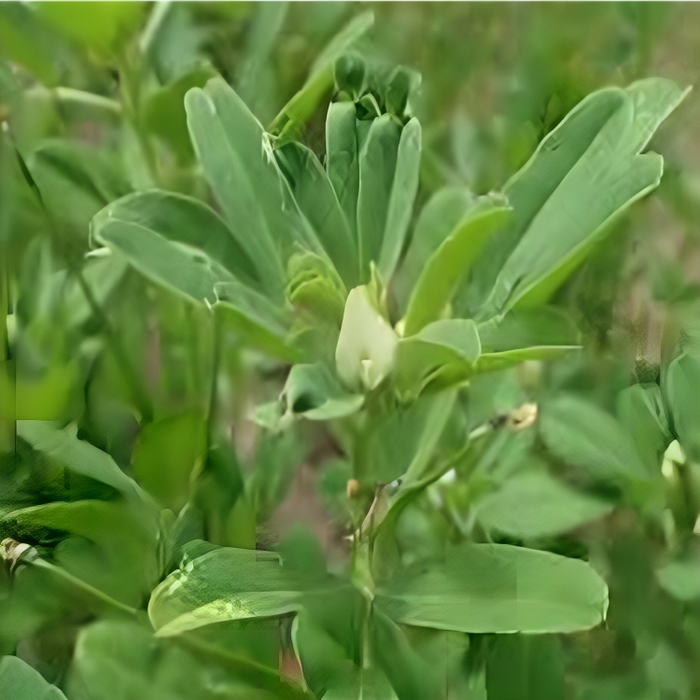
Fenugreek Herb Seeds
Original price
$4.99
-
Original price
$4.99
Original price
$4.99
$4.99
-
$4.99
Current price
$4.99
Our Fenugreek Herb Seeds come in a carefully sealed package to ensure maximum freshness and potency. Share the full range of flavors and health benefits with seeds that retain their natural goodness. Whether you're a seasoned gardener or a beginner, our Fenugreek Herb Seeds promise a rewarding and flourishing addition to your herb garden. With our fine quality seeds, you can harness these natural benefits in the comfort of your home.
Details:
- Colour: Green with creamy yellow flowers
- Plant seeds: Outdoors after frost / Indoors weeks before the last frost
- Plant height: 18 - 24"
- Plant spacing: 15 - 18"
- Hardiness zone: N/A
- Harvest: 120 Days
- Light requirements: Sun - Part Shade
- Soil & water preferences: Average
- Quantity: 300 Seeds
